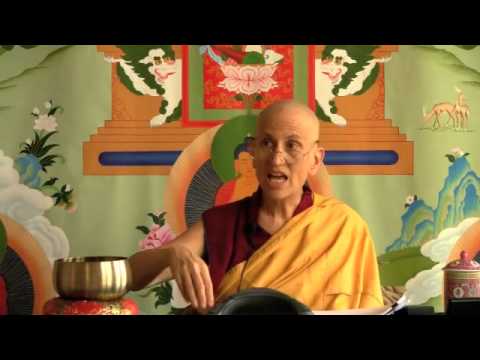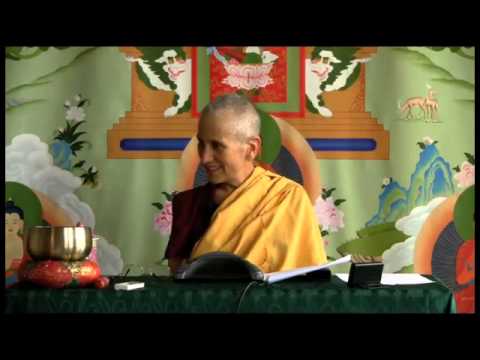Work

I would like a show of hands. How many people in the audience work presently or have worked in the past? Among you folks how many of you are happy and love your jobs every day and have never experienced any anger, stress, anxiety, frustration or irritation at work?
I am an Ophthalmologist. I finished my residency in 1979 and have been treating eye diseases for the last 35 years. You would think that I should love my job every day. After all I get to save people’s eyesight one of the most precious gifts we are given in our lives. Well, in the early years I would have agreed with you. My happy days far outnumbered my unhappy days. But gradually as the years passed things started to change. The self centered attitude which is our downfall started to rear its ugly head. Every time a new rule or regulation came down the pike from insurance companies or the government I looked at it as a personal attack on me and my ability to practice medicine the way I wanted to practice medicine. In other words, the four noble truths about suffering. I wasn’t getting what I wanted when I wanted it. Other people were interfering with my happiness.
The other thing that happened was my motivation began to change. Even though I continued to take good care of my patients gradually I was becoming more and more concerned about my finances and the sense pleasures which they could buy as well as the praise and reputation which came with being a physician. Does this sound like the eight worldly concerns? As these concerns became more important my happiness quotient at work dropped ever lower. Suddenly stress, anxiety, frustration and irritation were replacing satisfaction and contentment at work. I was blaming others for my poor attitude and unhappiness.
Last July I had to go on an extended medical leave and then I planned to retire at the end of the year. During my medical leave I was pretty happy being away from the office. I was fairly new to the Dharma and this gave me an opportunity to do a great deal of reading about Buddhism. For the first time in my life I had time to study and reflect on many things. I was able to think and meditate on the teachings. I started to realize that my bad attitude at work was not due to insurance companies, the government or other people. I was attached to having things my own way and hated change, impermanence and lack of control. And I gradually started to realize that I wasn’t the center of the universe. Don’t we all operate as if we are the center of the universe?
This spring I got a call from my clinic. They were suddenly very short-handed and asked me to come back to work on a part time basis. Initially my inclination was to say no. But then I realized that the Dharma is not just an intellectual and theoretical exercise but is made to be used. If I am to progress in my Buddhist practice I need to throw myself back into those situations that gave me dukkha in the past and start to re-wire my brain and change my attitudes and behavior. What better place to do that than work. I started working again on April 1st with a new attitude and a better motivation and I am already seeing a difference in my level of happiness. The external world cannot provide us withhappiness. Only we can do it through our mind and our understanding of reality. It is our false sense of self and the attachments and aversions which that creates which is the cause for all of our mental afflictions and suffering.
I recently read a book called Awake at Work by Michael Carroll. I would highly recommend this book to all of you who are unhappy at work. In Chapter 22 he talks about the “six confusions.” He says that we have multiple ways of imprisoning ourselves at work. We grasp for certainty in a world that is constantly changing and offering no guarantees. It is in trying to protect ourselves from life’s difficulties that we actually end up imprisoning ourselves in them. The “six confusions” are actually six styles or mindsets that describe how we imprison ourselves in work.
- Work as Drudgery. We don’t want anything out of the ordinary or new. We prefer our livelihood to be manageable and predictable. We feel work is an impediment to living life rather than an opportunity to do so. We separate livelihood from the rest of our lives.
- Work as War. This is a win-lose mentality. Livelihood makes sense only if we win. Everything at work is the enemy. Our every act focuses on eliminating any possibility of failure and ensuring success. We must protect our sense of self at all costs.
- Work as Addiction. We are obsessed with overcoming a feeling of inadequacy. We never seem to do enough. We are perfectionists and become unnerved by the incompetence of others. Our desire for praise and recognition is like a bucket with a hole in the bottom.
- Work as Entertainment. We look around at work and see others looking good, laughing and having a wonderful time of it and suspect we have missed the boat. Others are getting promotions and seem to have mastered the work world. We are overcome with envy and jealousy. We look to work as a source of amusement and entertainment that somehow we are not participating in.
- Work as Inconvenience. The need to make a living is an unfortunate accident of nature. We are entitled to a life that runs smoothly. Having to earn a paycheck is keeping us from our true calling as a famous artist or poet. We are victimized by work and always comparing our fate and position to others. We are entitled to so much more.
- Work as a Problem. We need to get work to behave and stop being so unpredictable and unruly. If everyone would just listen to me I could fix all the conflicts, errors in judgment and mistakes. Work doesn’t have to be this messy.
I think during my career I can see myself in all six of these confusions. In fact, some days I have experienced all six. What the Dharma is teaching me is that it is I, not work that is the problem. It is our own minds that imprison us at work and in all of life’s pursuits. And it is only through the Buddha, the Dharma and the Sangha that we can see reality and free our minds from this cycle of suffering.
I have now been back to work for 2 1⁄2 months. Buddhism has helped me to re-program my mind so that I am focusing less on the self and more on being of benefit to my patients, staff and fellow physicians. This has resulted in far less dukkha and much greater happiness in the workplace.
Thank you.
Ken Mondal
Kenneth Mondal
Ken Mondal is a retired Ophthalmologist who lives in Spokane, Washington. He received his education at Temple University and University of Pennsylvania in Philadelphia and residency training at University of California-San Francisco. He practiced in Ohio, Washington and Hawaii. Ken met the Dharma in 2011 and attends teachings and retreats on a regular basis at Sravasti Abbey. He also loves to do volunteer work in the Abbey's beautiful forest.


